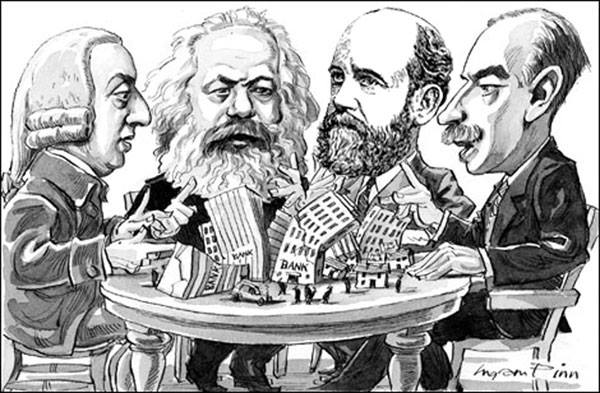1. Paper writing tips
Every good paper has a thesis statement. A thesis is basically the main argument of the paper. Thesis statements need to be combined with a purpose statement for it to be effective. The purpose statement establishes what you will do in the paper, what its main purpose is. Combining the two gives readers the main idea of what the paper is trying to do and what it is arguing.
Making outlines for papers goes a long way. It helps to organize your thoughts and frame your paper in a way that it is ready to be filled in.
Avoiding hanging quotations is very important. All of your quotations should have context to them.
The most important part is the basics. Citing your sources, proofreading your paper, and finishing it in a timely fashion.
2. Labour
The advent of social media has enabled people to earn a living through online platforms. Although some individuals have achieved financial success through social media, most users do not make significant amounts of money. For example, the bottom 85% of YouTubers average 485 views per month and earn less than $12,000 per year. Social media work has since spread to digital jobs worldwide, with the California Ideology acting as a barrier to collective bargaining between workers and management.
Online workers may work for long hours in multiple small jobs that do not pay well, often lacking job security or benefits. This can lead to poor working conditions as Duffy describes in (Not) getting paid for doing what you love (2017). There remains a struggle of being authentic and presenting yourself as authentic online; it can have serious effects on working conditions and morale (Duffy, 2017)
3. Working Conditions
Bad working conditions are prevalent in social media work worldwide, with exploitation being a notable issue. The International DigitalDivision of Labour (IDDL) comprises different categories of workers who make social media usage possible. These categories include “playbourers”(programmers and visionaries in Silicon Valley), Internet entrepreneurs, influencers, and web 2.0 users. Call centre support, electronics parts assemblers, and “conflict mineral” miners also belong to IDDL nodes.Individuals who work in factories producing electronics face significant health and safety hazards, lax labour laws, and low wages.
4. Globalization
Since the 1960s, North American companies have been off shoring their production overseas, leading to a slow-burning crisis. The globalization of the economy has caused some countries to become more prominent in the world market, while others have struggled to keep up. The rise of digital technologies has made it possible for people in developing countries to participate in the global economy, but this participation may not necessarily benefit workers. Globalization has allowed companies to take advantage of cheap labour, minimal regulations, and weaker labour unions in developing countries, leading to a race to the bottom in terms of labour standards.
5. Influencers
Influencers are individuals who use social media platforms to promote products or services, with a significant following. Some social media influencers work on the side and earn extra income, while others have made it their primary source of income. Influencers frequently face challenges, including difficulties in maintaining their audience's attention, burnout, and mental health concerns. Hustle culture, where people work longer hours and multiple jobs, has become increasingly prevalent among influencers.
The demand for influencers has led to the creation of influencer marketing, which has its share of ethical concerns, including sponsored content disclosures, potential conflicts of interest, and the impact of influencer marketing on society. It is important to note the influx of minority influencers as Jen Schradie highlights in “The Trend of Class, Race, and Ethnicity in Social Media Inequality” (2012).She says that minority groups are becoming producers rather than just consumers while understanding the importance of narrowing the gap towards equality.
References
Duffy, B.E. (2017). (Not) getting paid for doing what you love. New Haven, CT:Yale University Press.
Dugan Nichols, L. (2023, February). WRI227: Social Media and Content Creation. Mississauga; University of Toronto Mississauga.
Schradie, J. (2012). THE TREND OF CLASS, RACE, AND ETHNICITY IN SOCIAL MEDIA INEQUALITY. Information, Communication & Society, 15, 555–571. https://doi.org/10.1080/1369118X.2012.665939


